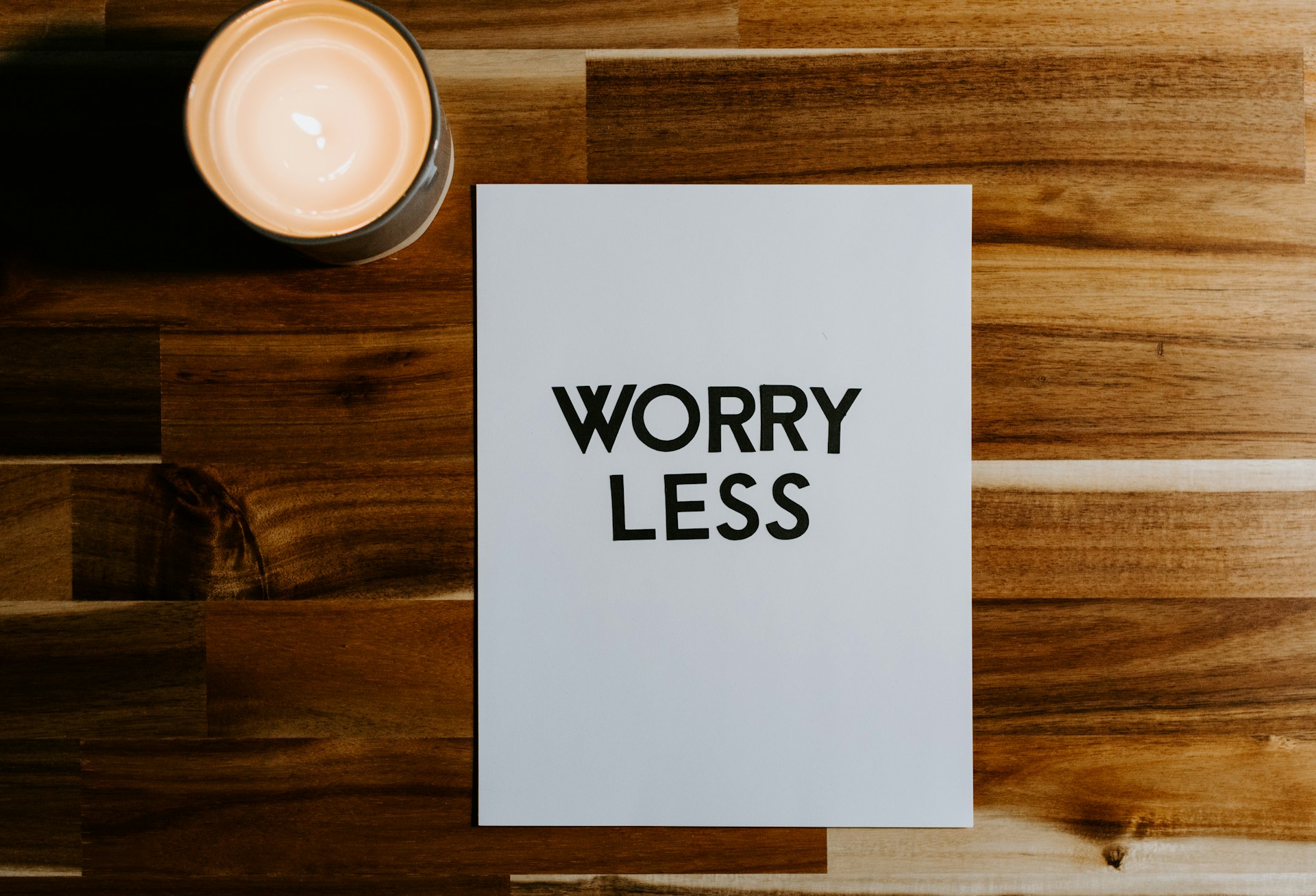Nutrition
Unlocking the Mystery of Weight-Loss Plateaus: New Research Insights

In the initial stages of your weight loss journey, you may notice a rapid drop in your weight. However, this pace is not sustainable and eventually, your weight loss will slow down and may even seem to halt altogether. This is a common occurrence regardless of the weight loss method you choose, be it medication like Ozempic, weight-loss surgery, or traditional methods like diet and exercise. The timing of this weight-loss plateau, however, can be influenced by the method you choose. Recent research provides insight into this timeline and offers strategies to overcome this plateau.
“Every obesity intervention eventually results in a body weight plateau, after which no further weight loss occurs,” stated Kevin Hall, PhD, a researcher at the National Institutes of Health (NIH). His study, published in the journal Obesity on April 22, aimed to determine when people reach a weight-loss plateau based on their chosen weight loss method.
Hall’s findings indicate that the timing of the plateau varies depending on the method used. He utilized data from various clinical trials to develop a mathematical model that predicts when weight loss is likely to stall.
According to his research, those who relied solely on calorie restriction to lose weight reached a plateau earlier than others, typically around the 12-month mark. “As you lose weight, your metabolism declines, causing you to burn fewer calories than you did at your heavier weight,” the experts at the Mayo Clinic explain. “To lose more weight, you need to either increase your physical activity or decrease the calories you eat. Using the same approach that worked at first may maintain your weight loss, but it won’t lead to more weight loss.”
On the other hand, those who used weight-loss drugs like semaglutide (Wegovy and Ozempic) or tirzepatide (Zepbound and Mounjaro) were able to continue losing weight for a longer period, with their plateau typically occurring around the two-year mark.
The longest duration of weight loss was observed in those who underwent weight-loss surgery. According to Hall’s research, these individuals typically experienced about three years of weight loss before reaching their plateau.
Regardless of the method used, all groups eventually reached a point where they stopped losing weight. “What’s happening is that they still experience an increase in appetite, the more weight that they lose,” Hall explained to CNN. “If they had no appetite circuit, in other words, the drug just kind of kicked in and their intake stayed at this very low level. It would take many, many years for them to reach a plateau and they would lose, you know, an exorbitant amount of weight.”
So, what can you do to continue your weight-loss journey once you’ve hit this plateau? Hall suggests combining different methods. “Another very common thing now is that people who didn’t lose as much weight from bariatric surgery as they thought, will go on one of the GLP-1 receptor agonist so they’re adding interventions on top of each other,” he told CNN.
However, Hall emphasizes that maintaining healthy habits is the most crucial aspect of continuing your weight-loss journey, regardless of the methods you choose. “A persistent effect is required to maintain the weight loss,” he shared. “The whole point here is that whatever you do, you have to keep doing it. And so you’ve gotta be happy with that lifestyle intervention for the rest of your life. Otherwise, it’s not going to have the added benefit.”
Remember, while we strive to provide the most current information from top experts and new research, our content should not replace professional guidance. Always consult your healthcare provider directly for advice about your medication or any other health-related concerns.
Let us know what you think, please share your thoughts in the comments below.

Nutrition
Are You Eating Too Much Fiber? Doctors Reveal 5 Warning Signs

Incorporating fiber-rich foods into your diet is essential for maintaining good health. Fiber supports gastrointestinal health, regulates blood sugar levels, and lowers the risk of cardiovascular diseases. However, it’s possible to consume too much fiber, leading to several unwanted side effects. Here are five signs that you might be overdoing it with fiber, according to doctors.
Bloating and Gas
Bloating and gas are among the most common issues associated with excessive fiber intake.
“As fiber is fermented by the gut microbiota, it releases gas and other compounds, which can be bothersome,” explains Jennie Stanford, MD, an obesity medicine physician.
Different types of fiber may affect people differently. Generally, soluble fiber (found in oats) is better tolerated than insoluble fiber (found in vegetables).
Abdominal Pain and Cramping
Too much fiber can lead to abdominal pain and cramping. This happens because the digestive system struggles to process large amounts of fiber.
“While fiber is typically recommended for regular bowel movements, excessive consumption may have the opposite effect, causing constipation or diarrhea,” says Melissa Snover, RD, a registered nutritionist.
Diarrhea or Constipation
Another gastrointestinal symptom to be aware of is either diarrhea or constipation.
“Diarrhea may occur with a high fiber intake, usually as a result of drawing more water into the stool and it moving through the intestines more quickly. In other people, constipation may occur as a result of the bulk that fiber adds to stool,” Stanford explains.
Nutritional Deficiencies
Eating too much fiber can interfere with your body’s ability to absorb essential nutrients, leading to deficiencies.
“Fiber can bind to essential nutrients like calcium, iron, and zinc, preventing them from being absorbed by your body,” Snover says.
This issue can also contribute to dehydration, making adequate hydration even more critical.
Dehydration
Fiber absorbs water, which means that a high-fiber diet requires you to drink more fluids. Without proper hydration, you may experience dehydration.
“This ensures you get all the benefits of fiber without the downsides that can be caused by excessive consumption,” Snover advises.
Pay attention to these signs to ensure you’re not overloading on fiber. While fiber is vital for good health, balance is key to avoiding these uncomfortable and potentially harmful side effects.
Let us know what you think, please share your thoughts in the comments below.
Nutrition
Doctors Recommend These 9 Supplements to Help Ease Anxiety

Anxiety can be a challenging condition to manage, and while traditional treatments like medication and therapy are commonly recommended, many people are exploring supplements as a complementary option. It’s essential to consult with your healthcare provider before starting any new supplement regimen. Here are nine supplements that doctors say may help soothe anxiety symptoms.
Vitamin D
A deficiency in vitamin D has been linked to increased symptoms of anxiety and depression. Dr. Indhira Ghyssaert emphasizes the importance of this vitamin for maintaining energy levels.
“Of course, the sun is the best source of vitamin D. However, we recommend adults take a supplement to make up for the loss during winter months or in colder, darker climates,” she tells Best Life.
Consider a dose of 2000 IU, but consult your doctor for personalized advice.
Magnesium
Magnesium plays a crucial role in brain health by modulating the brain’s stress response. According to the Cleveland Clinic, it helps lower cortisol levels and balance neurotransmitters responsible for the “fight or flight” response.
“Magnesium is essential for brain health,” says Ghyssaert.
She recommends starting with 100 milligrams before bedtime and gradually increasing to 250 milligrams.
GABA
Gamma-aminobutyric acid (GABA) is a neurotransmitter that helps inhibit excessive neuronal activity, promoting calmness and reducing anxiety.
“I recommend starting with a dosage of 250 milligrams daily and working up to 750 milligrams,” Ghyssaert advises.
However, GABA is not suitable for everyone, especially those with depression or on blood pressure-lowering medications.
Vitamin B12
Vitamin B12 is essential for brain health and neural protection. Janine Bowring, ND, highlights its importance.
“From a whole food source, it has been found that vitamin B12 helps with your neural protection for your myelin. Myelin is the coating on the outside of your nerves, and a deficiency has been linked to depression,” she explained in a recent TikTok post.
Valerian Root
Valerian root is often used to improve sleep quality and reduce anxiety.
“Valerian root increases GABA levels in the brain slowly and helps to reduce anxiety and improve sleep quality,” says Ghyssaert.
She recommends starting with 300 milligrams before bedtime and working up to 600 milligrams. Avoid if you are pregnant, breastfeeding, or have liver conditions.
Creatine
Commonly known for its muscle-building benefits, creatine can also help ease anxiety symptoms. Jenna Stangland, RD, explains its impact on brain health.
“There is a relationship between creatine metabolism in the brain and depression. When there are smaller amounts of white matter creatine and phosphocreatine in the brain, more severe depressive episodes occur,” she tells Best Life.
Daily creatine supplementation can enhance brain energy levels and positively impact mood, memory, cognition, and emotion.
Fish Oil
Rich in Omega-3 fatty acids, fish oil can be beneficial for reducing anxiety. A 2018 meta-analysis published in JAMA Network Open reviewed 19 studies and found that 2,000 milligrams of Omega-3 fatty acids per day significantly reduced anxiety symptoms.
Ashwagandha
Ashwagandha is an adaptogen that helps the body manage stress. It has been shown to reduce cortisol levels and improve symptoms of anxiety and depression. Start with a lower dose and consult your doctor for the best regimen.
Lavender
Lavender supplements, often in the form of capsules or essential oils, can have calming effects. Studies have shown that lavender can reduce anxiety levels and improve sleep quality. It’s generally safe but should be used under the guidance of a healthcare provider.
These nine supplements offer a range of options for those looking to manage anxiety naturally. Always consult with your healthcare provider to determine the best course of action for your specific needs.
Let us know what you think, please share your thoughts in the comments below.
Nutrition
Doctors Reveal 7 Sneaky Signs You Might Be Overdoing Salt

Monitoring your sodium intake is crucial for maintaining optimal health, especially as we age. The American Heart Association (AHA) suggests limiting sodium intake to no more than 2,300 mg per day, with an ideal target of 1,500 mg. Yet, many Americans consume about 3,500 mg daily. Excessive sodium can lead to various health complications, but recognizing the signs can help you take action. Here are seven subtle signs that you might be consuming too much sodium, according to medical experts.
Frequent Urination
One of the most common signs of high sodium intake is frequent urination. Dr. Raj Dasgupta explains that your kidneys work overtime to eliminate the excess salt, resulting in more regular trips to the bathroom.
Excessive Thirst
Another indicator of high sodium consumption is constant thirst. This is your body’s way of signaling the need to balance out the elevated sodium levels.
“Excess sodium causes the body to crave more water to balance the sodium levels,” says Meaghan Greenwood, RD, MS.
Swelling and Bloating
Swelling or bloating can occur as your body tries to manage the sodium and fluid balance. Dr. Dasgupta notes that these symptoms can be direct results of eating too much salt.
Headaches
High sodium intake has been linked to more frequent and intense headaches. Dr. Dasgupta suggests that reducing sodium in your diet could help alleviate these symptoms.
Raised Blood Pressure
An increase in blood pressure is a significant sign of consuming too much sodium. Dr. Jennie Stanford explains that sodium regulates fluid balance, leading to water retention.
“As more water is retained, this can lead to increased blood volume and arterial stress, which can increase blood pressure,” she says.
Prolonged hypertension can harm your cardiovascular system, elevating risks for heart disease, heart attack, stroke, and kidney disease.
Disturbed Sleep Patterns
Changes in sleep habits could be another subtle sign. Dr. Dasgupta points out that high sodium intake can disturb your sleep, reducing REM sleep and increasing wakefulness.
“Salt intake and its effects on sleep have been studied since the 1980s,” notes Jaclyn Leong, DO. She suggests that difficulty sleeping might indicate high sodium levels.
Shortness of Breath
In extreme cases, consuming too much sodium can lead to shortness of breath. According to Greenwood, excessive fluid retention forces the heart to work harder to pump the increased fluid through the body. This serious symptom necessitates immediate medical attention.
Recognizing these signs can help you manage your sodium intake effectively. By making dietary adjustments like reducing processed foods and opting for fresh or frozen produce, you can maintain better health and avoid the pitfalls of excessive sodium. Stay mindful of these subtle cues to keep your wellness in check.
Let us know what you think, please share your thoughts in the comments below.
-

 Health4 months ago
Health4 months ago17-Second Neuropathy Solution
-

 Health11 months ago
Health11 months agoPreventing Falls and Injuries for Seniors
-

 Nutrition8 months ago
Nutrition8 months agoThe Aging Secret of Vitamin D Unveiled
-

 Health3 months ago
Health3 months agoOncologist Reveals Top 5 Cancer Prevention Tips You Shouldn’t Ignore
-

 Nutrition12 months ago
Nutrition12 months ago5 AMAZING Dinner Recipes That Are Also HEALTHY
-

 Lifestyle4 months ago
Lifestyle4 months agoSleep Soundly with These 11 Expert-Approved Bedtime Routines
-

 Health9 months ago
Health9 months agoDownsizing Tips: Simplifying Your Lifestyle
-

 Health6 months ago
Health6 months agoBoost Your Heart Health: Simple Tips for Seniors
Glen Jensen
April 26, 2024 at 3:48 pm
I have gone from 333 lbs to 210. Over several years. Used a whole combinations of methods including intermittent fasting successfully, various drug regimens, exercising steadily, eating healthier, lowering stress, sleeping well. Been through plateaus. Appreciate hearing your about these studies. Much appreciated.